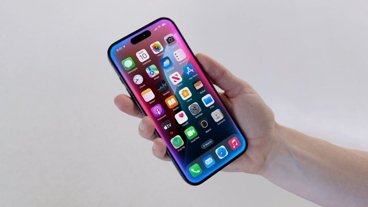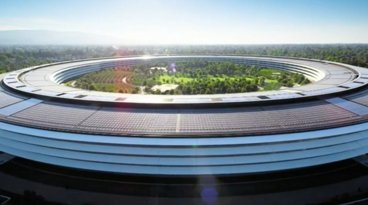China has not just asked state-owned business to stop buying American agriculture, but it has also devalued its own currency to counter President Donald Trump's 10% tariff threat on $325 billion in electronics — and it is having a profound impact on Apple's stock and that of its suppliers.
On Monday morning, following declarations by the Chinese government, China's currency dropped in value to 7 yuan per dollar for the first time in 11 years. The last time the 7-yuan barrier was broken was in 2008, following the global financial crisis.
In the wake of the weakened currency, the Dow Jones dropped 550 points, with the S&P 500 down 2.1%, and the Nasdaq Composite also down 2.6%. Shares in many major firms slid, with Apple seeing 4% of its share price wiped off during early trading.
Apple ended the week at $204.02, and has fallen nearly $9 at 10:30 A.M. Eastern time on Monday. Traders fear that there will be no imminent trade deal and beyond the implications of that to the economy, any financial impact would be compounded by the threatened tariffs.
While there isn't any direct explanation forthcoming from China over the currency, the country allowed the currency to weaken in response to a further escalation of the trade war between the U.S. and China. Along with the currency drop, China has also ordered state-owned firms to suspend agricultural imports from the United States.
The agriculture cut-off is precisely what the president was trying to avoid in threatening the 10% tariff application on $325 billion in consumer goods including toys and consumer electronics. It isn't clear if the agriculture order made by the Chinese government is a further reduction in sales, or on top of the existing situation prior to the Twitter threat on August 1.
The Chinese government is more hands-on with control of its currency than other countries, allowing it to maintain dollar exchange levels that are beneficial to it and state-owned business. China's allowing the currency to weaken so far in such a short period of time, in conjunction with an agriculture cut-off, suggests that the moves are tactical ones by the Chinese government, rather than events driven by market forces.
President Trump was quick to pass comment on the matter on Twitter, claiming it was a case of "currency manipulation" and insisting to the Federal Reserve "This is a major violation which will greatly weaken China over time." The US Treasury Department has so far resisted calls to codify the president's tweets, and officially call China a currency manipulator.
Apple analyst Ming-Chi Kuo believes that Apple's consumer-facing pricing isn't going to change as a result of the tariffs. He believes that Apple will choose to absorb the pricing, rather than increase them as a response to the tariffs. Wal-mart has already increased pricing as a result of previous tariffs, and Sony has said that it will pass on any tariffs to the US consumer.
 Mike Wuerthele and Malcolm Owen
Mike Wuerthele and Malcolm Owen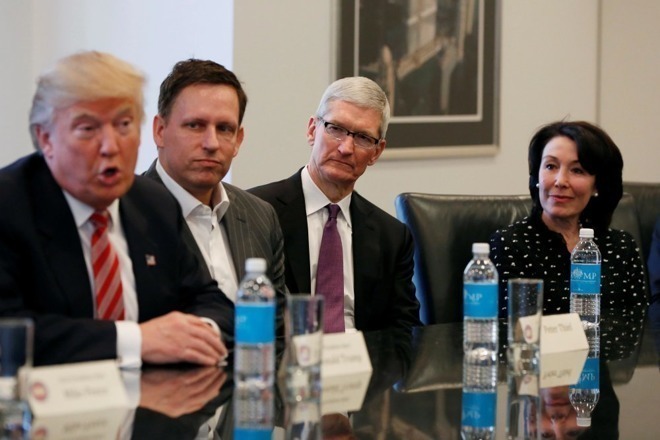







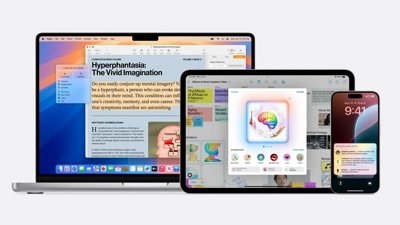
 Malcolm Owen
Malcolm Owen
 Andrew O'Hara
Andrew O'Hara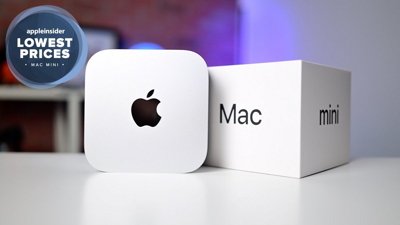
 Christine McKee
Christine McKee

 Amber Neely
Amber Neely
 Andrew Orr
Andrew Orr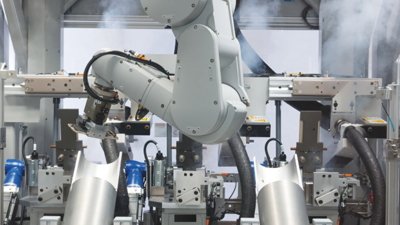
 William Gallagher
William Gallagher
